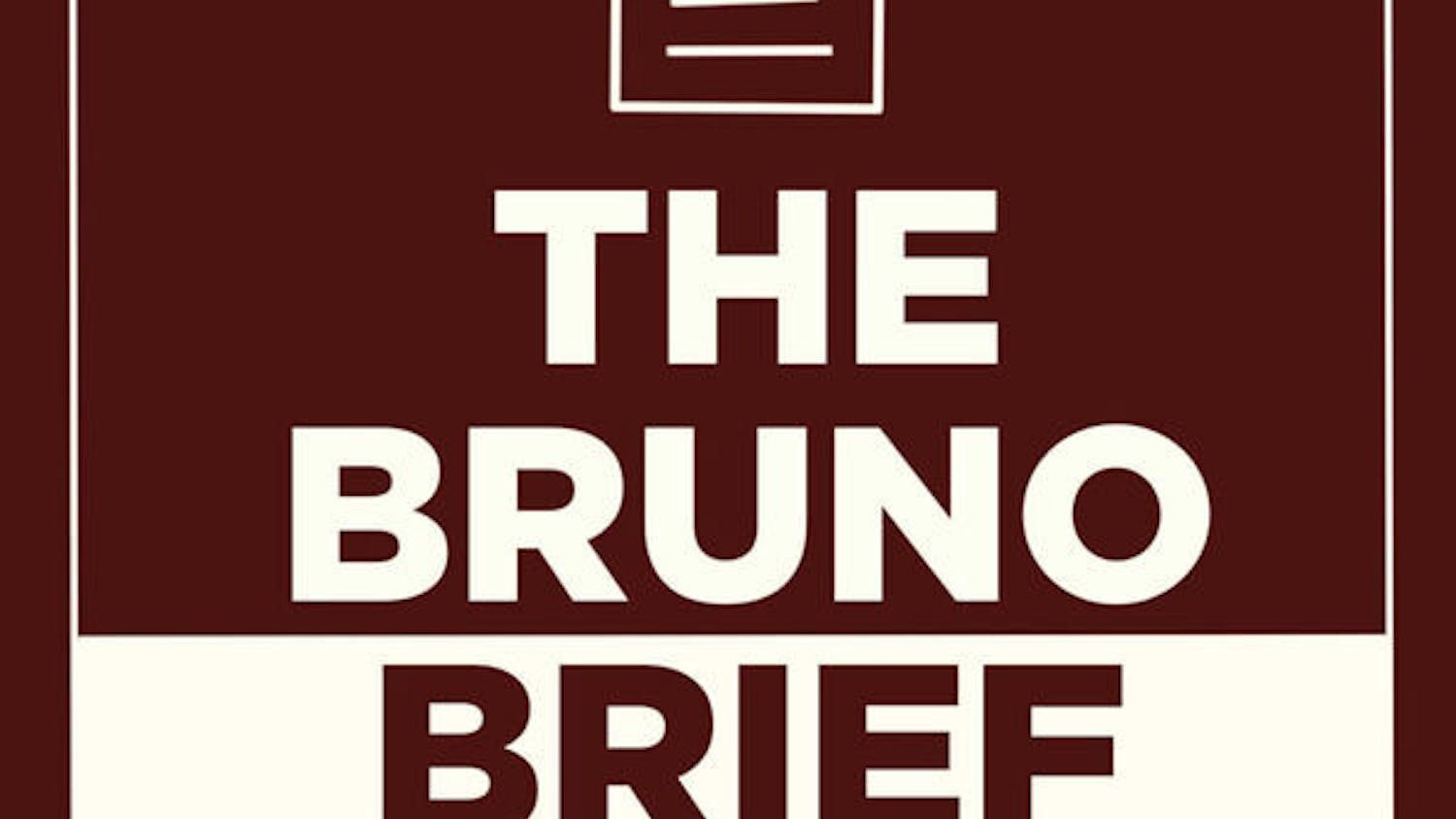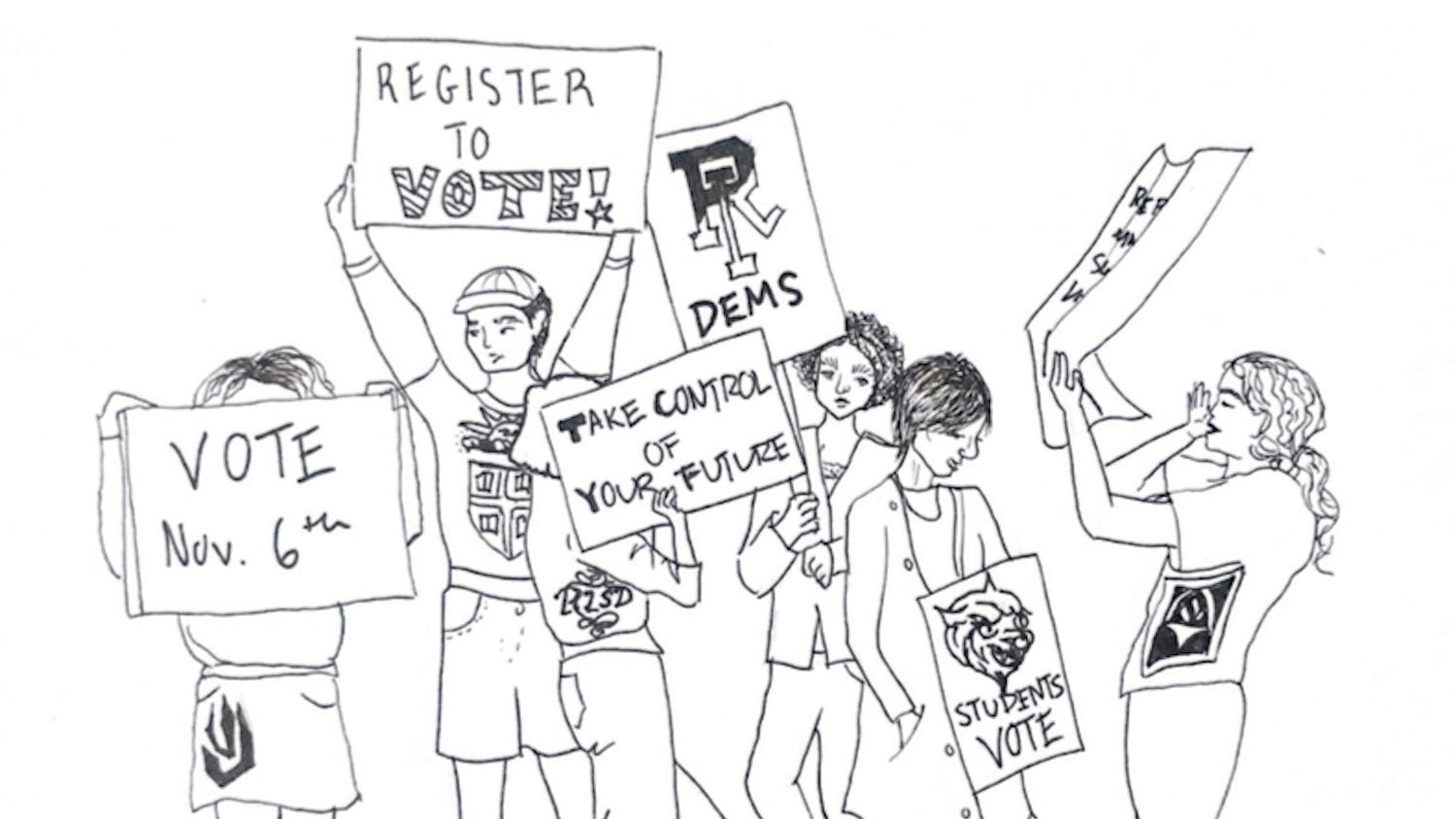Kenneth Cuccinelli, Virginia's attorney general, warned the boards of the state's public colleges that they lack the authority — without authorization from the state's General Assembly — to ban discrimination based on sexual orientation, Inside Higher Ed reported on March 8.
"I am aware that several Virginia colleges and universities have included ‘sexual orientation' in their respective (non-discrimination) policies," Cuccinelli wrote in a letter to the leaders of the state's colleges on March 4. "Such invalid policies create, at minimum, confusion about the law and, at worst, a litany of instances in which the school's operation would need to change in order to come into conformance."
Rebecca Glenberg, legal director for the American Civil Liberties Union, advised university presidents that they are still "bound by the United States Constitution" to bar discrimination based on sexual orientation, according to a March 5 letter.
"We express no opinion of Mr. Cuccinelli's analysis of state law, though we have serious doubts about it," Glenberg wrote.
Grades on the rise
Grades are rising nationwide, especially at elite private institutions, wrote Stuart Rojstaczer, a retired Duke professor, and Christopher Healy, a Furman University professor, in Teachers College Record on March 4.
An institution's mean grade point average is "highly dependent" on the academic caliber of its student body and whether the school is public or private, Rojstaczer and Healy wrote, adding that "public-commuter and engineering schools" grade the toughest.
Since the 1960s, G.P.A.'s have increased by approximately 0.1 to 0.2 points per decade, with a greater average increase for private schools, according to Rojstaczer's Web site.
At Brown, 50.6 percent of grades given in the 2007-08 academic year were A's, a 15.8 percent increase from 1994-95, The Herald reported on Nov. 18, 2008.
Rojstazer told Inside Higher Ed that addressing grade inflation was necessary because "the alternative is a student body that frequently misses classes, never prepares in advance, studies about 11 hours a week if they are ‘full time' students, and drinks itself into a constant stupor out of boredom."
With anticipated repeal of ‘don't ask, don't tell' policy, ROTC may return to Stanford campus
Stanford University's Faculty Senate voted last week to create a committee that will evaluate the possibility of bringing the Reserve Officers' Training Corps program back to Stanford's campus, Inside Higher Ed reported on March 8.
Stanford phased out its ROTC chapter in the early 1970s amid university opposition to the Vietnam War, but more recent resistance to the program concerned Pentagon's "don't ask, don't tell" policy, Inside Higher Ed reported.
"It is our assumption that the ‘don't ask, don't tell' policy, which has been a serious impediment to reopening the discussion at all, will probably go away within the next year or two, and the field will be open to have a reasonable discussion on this," said David Kennedy, professor emeritus of history at Stanford, in a statement.
Presently there are about a dozen Stanford students who travel to ROTC programs at the University of California at Berkeley, Santa Clara or San Jose, Kennedy said in the statement, which "imposes a pretty unreasonable burden on them."




